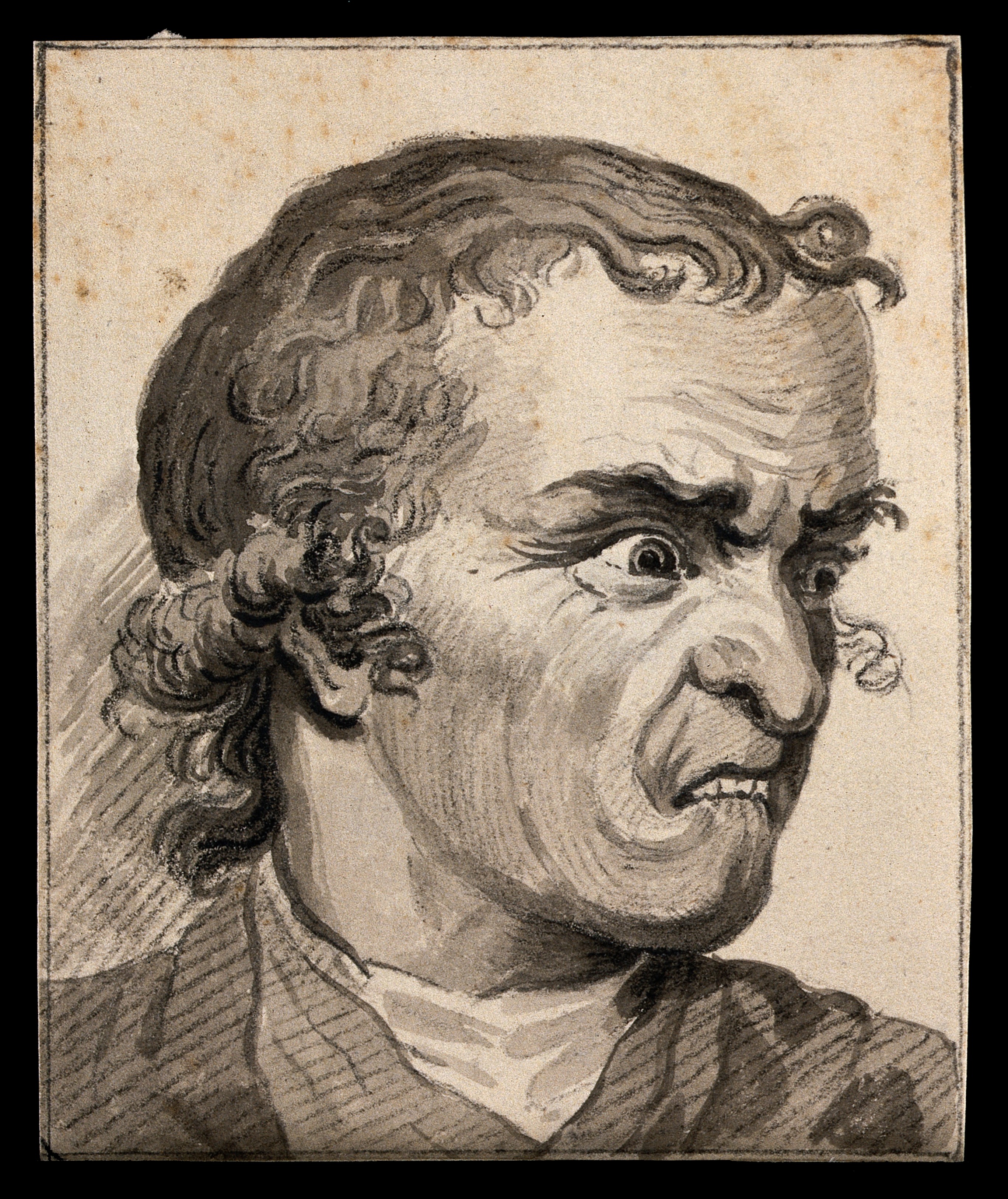A few weeks ago The Gospel Coalition ran a review of Jonathan Leeman’s book, Why Nations Rage: Rethinking Faith and Politics in a Divided Age. A snip:
Leeman’s analysis is guided by a few central convictions. One is represented in Psalm 2 and the title itself. He explains, “History’s greatest political rivalry, it would seem, is between the nations of the earth and the Messiah.” Another guiding insight is that all of life is religious, including politics. This is true even for those who declaim explicit religious belief. As Leeman puts it:
“Every church is political all the way down and all the way through. And every government is a deeply religious battleground of gods. No one separates their politics and religion—not the Christian, not the agnostic, not the secular progressive. It’s impossible.”
This seemingly simple insight has significant implications for how we ought to approach the dynamics of faith and politics, and it’s complicated by the difficulty of defining exactly what one understands terms like religion, justice, politics, and church to mean.
There is an inherent ambiguity in such words, which Leeman considers a real danger: it’s quite possible for there to be nominal agreement about the proper ends of social life, for instance, while substantive discord remains.
I would add that the Kuyperian distinction between the church as institution and organism is absolutely essential to properly parsing the proper senses in which the church, in its various senses and expressions, is or is not political. For more on this, check out The Church’s Social Responsibility: Reflections on Evangelicalism and Social Justice, a volume that focuses on the conviction that such distinctions, while absolutely necessary, open up space for rather than shutting down fruitful conversation and struggle over politics and the church.
